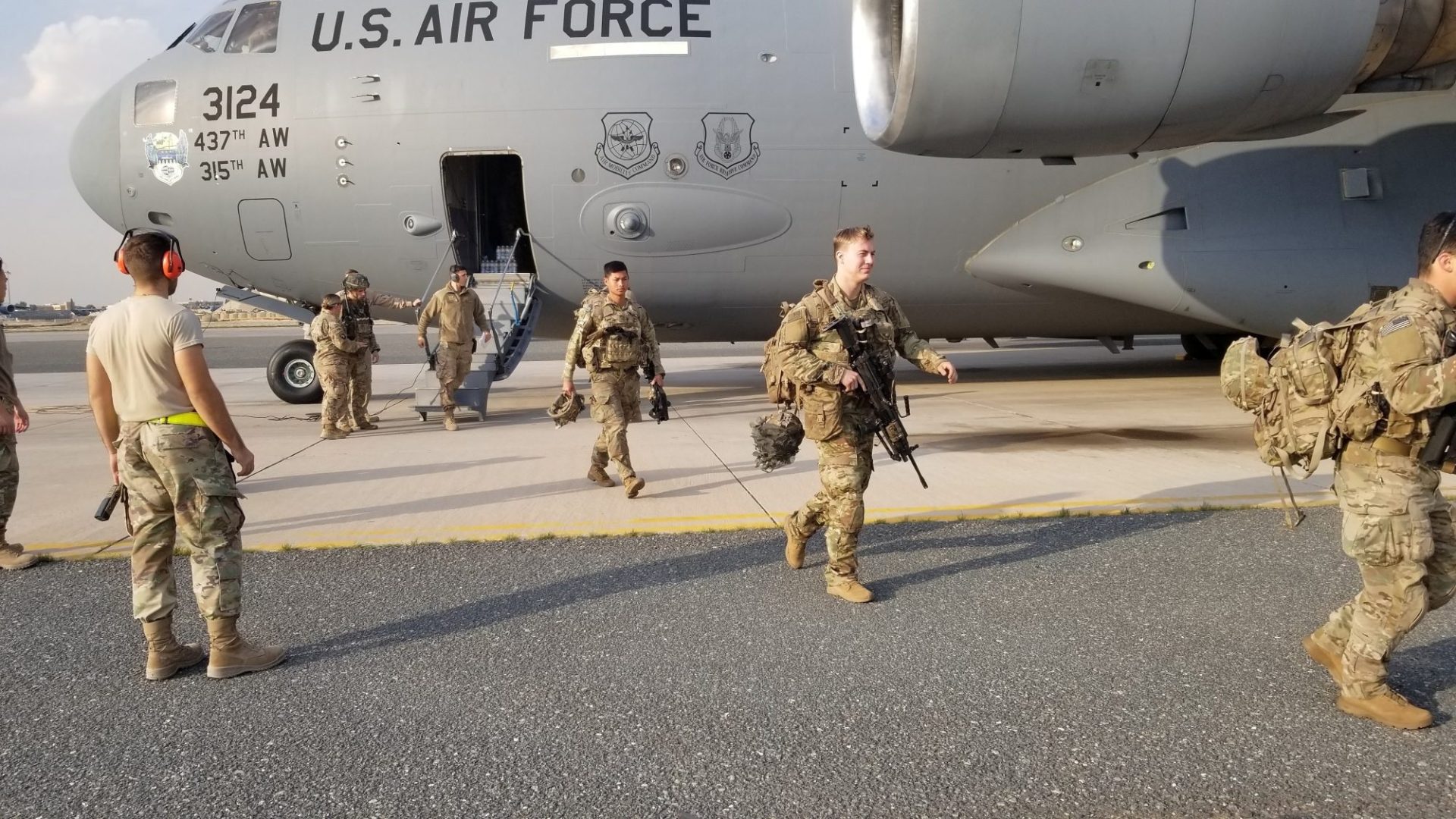Watan-The newspaper “Politico” reported that several Arab countries, including the United Arab Emirates, are imposing restrictions on the United States’ use of military bases within their territories to launch strikes against Iranian-affiliated groups.
With the escalating number of casualties among civilians in Gaza, some Arab countries, especially those attempting to reach a breakthrough with Iran, are increasingly limiting the ability of the United States and its allies to carry out defensive actions from their territories, according to an unnamed American official.
Politico mentioned that this includes restrictions imposed on retaliatory measures in response to attacks in Iraq, Syria, and the Red Sea.
The newspaper stated that some countries are limiting the use of their bases and airspace for assets involved in carrying out these retaliatory attacks. The exact number of countries implementing these restrictions remains unconfirmed.
According to Politico, one official cited the specific reason behind the UAE’s actions as “they do not want to appear as if they are against Iran and do not want to appear too closely aligned with the West and Israel in the eyes of the people.”
American Bases in the Region For many years, the United States has deployed thousands of soldiers in bases in the United Arab Emirates, Kuwait, Oman, Qatar, and other sites throughout the Middle East and the Gulf.
Since October 7th, these countries’ involvement in facilitating American military operations has come under increased scrutiny.
Across the region
Tehran and Washington compete to outmaneuver each other in a deadly proxy war. The conflict has taken on different flavors reflecting local and geopolitical realities.
In Lebanon, the United States seeks to halt the escalation of fighting between Israel and Hezbollah, as both sides are concerned about being drawn into a wider conflict.
Meanwhile, Iran-backed Houthi fighters in Yemen have made themselves targets for US airstrikes in response to their attacks on commercial shipping.
However, the conflict may be at its most intense and complicated in Iraq – which is likely one of the countries mentioned in Politico’s report restricting American military activity.
Renad Mansour, director of the Iraq Initiative at Chatham House, stated that the Iraqi government is weak and divided and fundamentally unable to control the conflict on its borders from foreign powers.
Iraqi territory has emerged as a preferred battleground, where the United States and Iran can vie with each other. The risk of escalation here is less for both parties. They can demonstrate strength and compete for influence.
Red Sea Attacks
In January, the United States and the United Kingdom conducted airstrikes against Houthi targets in Yemen following a series of attacks on shipping in the Red Sea area.
President Joe Biden, in a statement, said the strikes were in response to the Houthis endangering navigation in one of the world’s most vital waterways, conducted in coordination with the United Kingdom and with support from Australia, Bahrain, Canada, France, and the Netherlands.
Biden stated: “These targeted strikes send a clear message thatand our partners will not tolerate attacks on our people or allow hostile entities to endanger navigation in one of the most important commercial waterways in the world.”
The United Kingdom and the United States have repeatedly warned the Houthis against attacking ships passing through the Red Sea, a vital shipping route, in protest of the Israeli war in Gaza.
Various shipping lines have suspended their operations and instead opted for longer voyages around Africa.
-
-
-
-
-
-
